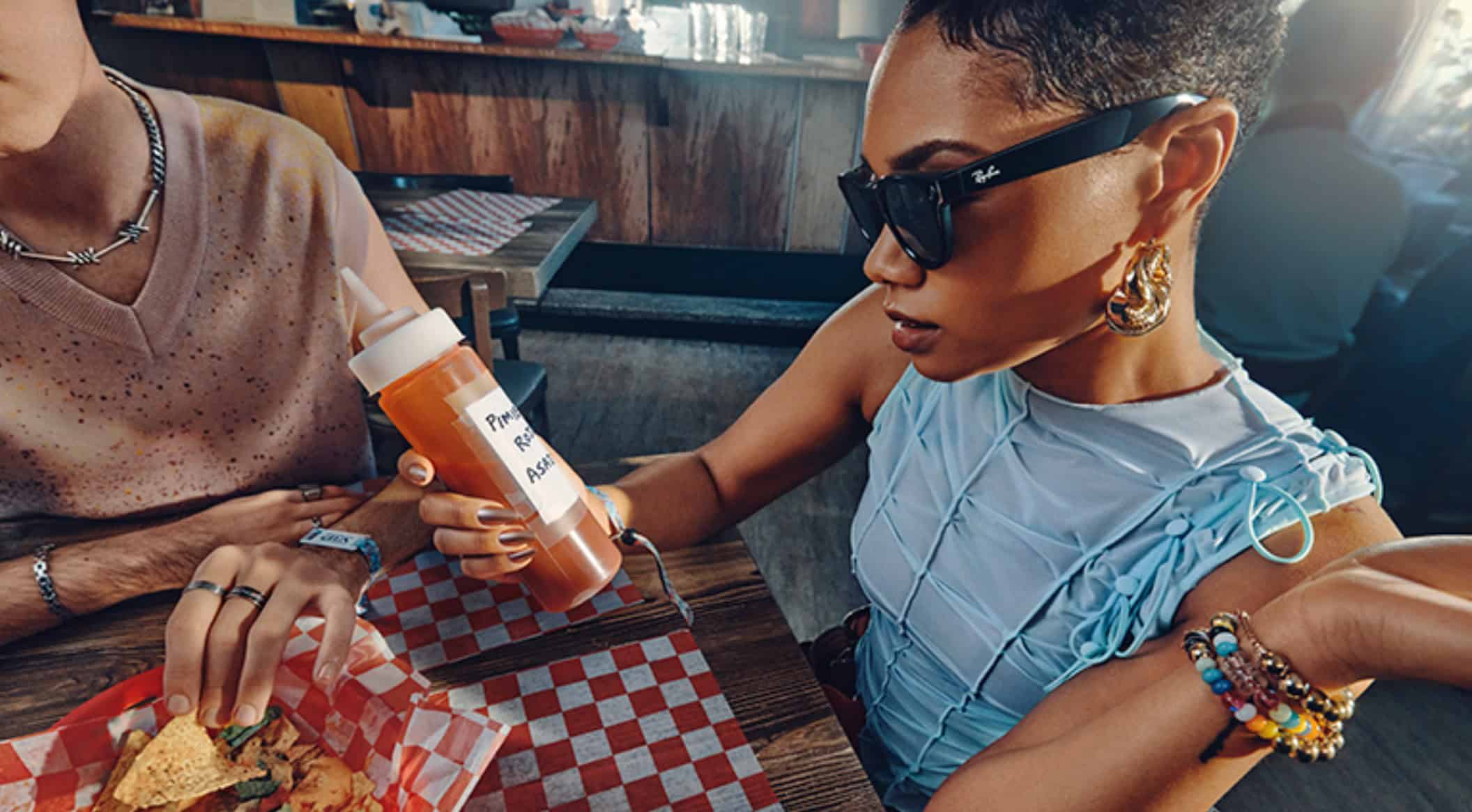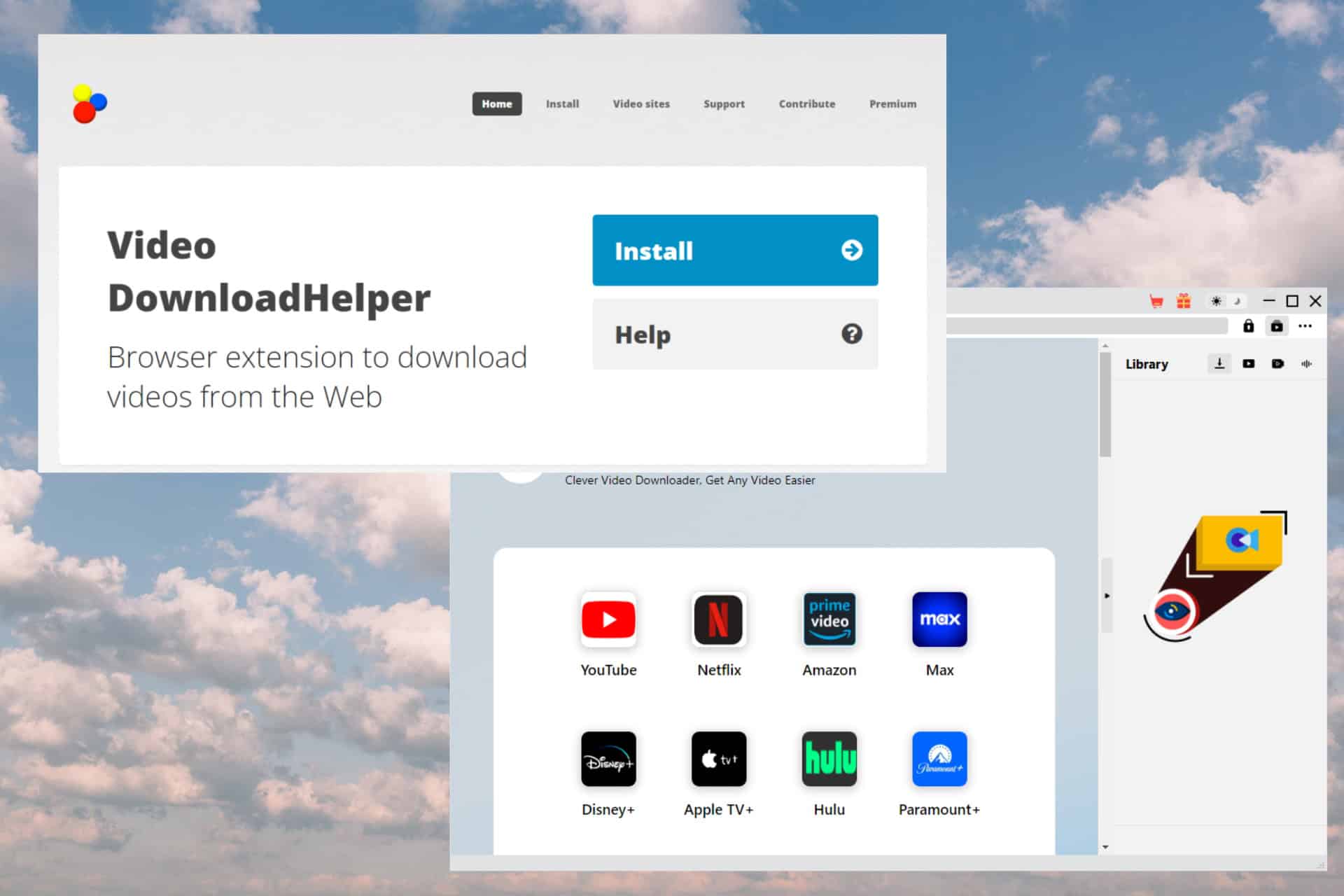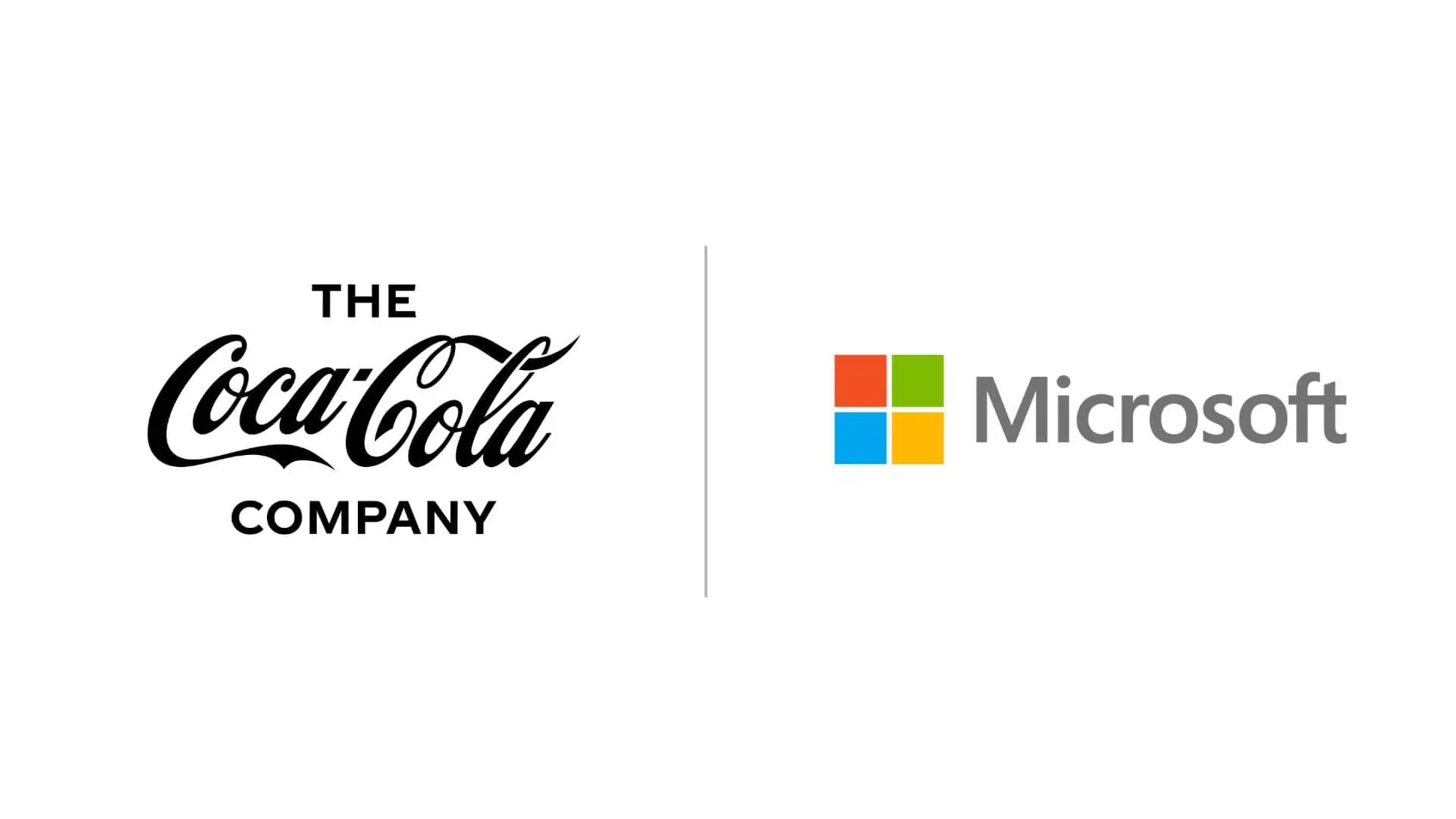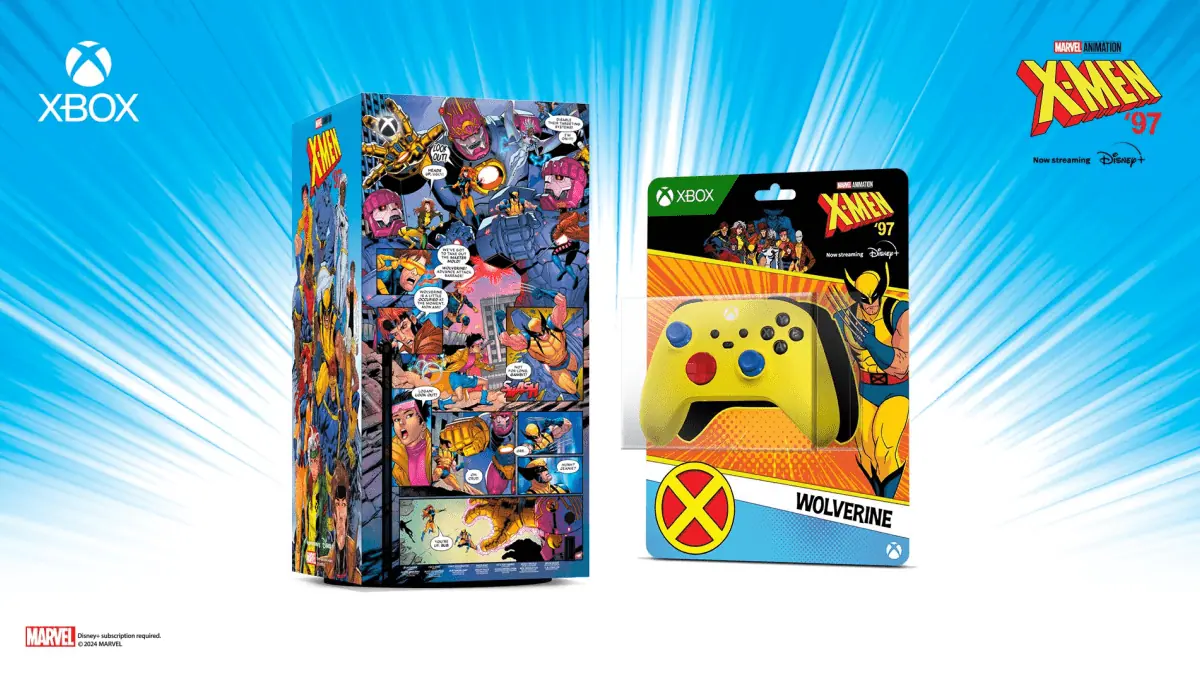No, Microsoft's Windows 10 does not feature lockscreen "ads"
3 min. read
Updated on
Read our disclosure page to find out how can you help MSPoweruser sustain the editorial team Read more
If the internet is to be believed, Windows 10 is literally Hitler. It will install itself on your system, delete all your useful apps and then top it up with downloading ads onto your lockscreen. It is a terribly horrid situation, and Microsoft should be ashamed of itself – if any of it were true.
Last week, a “story” surfaced of a user tweeting that Windows 10 was displaying a full screen ad of Tomb Raider on his lockscreen, and several sites immediately picked up on this. All shouting from the heavens that Microsoft was displaying ads on your lockscreen that were you should disable as soon as possible. The offending image? Have a look below;
When you’re angry at Mac OS, be thankful that it isn’t shoving a Tomb Raider ad in your face. Thanks, Windows 10! pic.twitter.com/lDaXR8XaRy
— Davey McGavern (@daveymcgav) February 24, 2016
That lockscreen is a feature of Windows 10, similar to the Bing image rotation used on Windows phone devices with one difference, This feature offers up tips and tricks on how to use Windows and occasionally suggests up apps for users to try out. This feature is user configurable, it can be turned off and the images can be dismissed by the users if they don’t like them.
For example, a first time user would see Cortana suggested on the lockscreen, some may see an app like fresh paint suggested and the like. Its main purpose is to drive up the value of the operating system for users by directing users who may not be familiar with Windows and the Windows store to see tools and features that may be useful to them.
While these are “ads” strictly speaking, we’re not going to call them ads. The term “ads” is a loaded term, and when used this way, encompasses everything from twitter’s suggested users, to Microsoft’s suggested apps listing in the store to the manual of your laptop. Do you get angry at Facebook for suggesting friends to you? Or Google for suggesting searches? Windows in the modern era is all about being more proactive and anticipating the users needs – for better or worse.
In this sense, Microsoft offering up a recommendation of Tomb Raider via wallpaper and a near hidden link is completely harmless and not as irritating as the words “ads” would imply. The user is likely someone who likes games, and would be interested in Tomb Raider, so he gets a wallpaper and a store link should he want the game.
Windows 10 has been subject to several uneducated articles attacking it for various privacy related issues, and it’s completely wrongheaded. While there are somethings you can pin down with Windows 10, constantly going over easily rebuttal “flaws” in the system will desensitize the populace to any real issue with the OS should it appear in the future.








